In a previous article, Alon Retter argued the big bang was a white hole – a time-reversed black hole, the possible existence of which has been brought to popular attention by Carlo Rovelli. But the big bang and the white hole have crucial differences in their structures, which creates more questions than answers, writes Geraint F. Lewis.
Where did our universe come from? What gave birth to all the matter that formed into stars, planets, and people? Astronomers tell us that our cosmos was born in a fiery event almost fourteen billion years ago and has been expanding ever since, but while this Big Bang picture accurately explains the universe's evolution, the ultimate origin remains mysterious. A radical suggestion is that our universe is a white hole, the mirror image of a black hole, but is this physically reasonable?
To answer this, we will need to understand what a white hole is. To do this, we need to understand a little about their more famous alter egos, black holes.
SUGGESTED VIEWING Uncovering the secrets of the universe With Priyamvada Natarajan
The universe is full of incredible things, but black holes are perhaps the most incredible. With matter crushed down to infinite density and a gravitational pull that prevents anything from escaping, black holes have been found across the universe. Supermassive black holes, billions of times the mass of the Sun, have been identified in the hearts of galaxies, while smaller black holes are known to roam between the stars. In the last decade, new gravitational wave detectors have revealed the unmistakable signature of merging black holes deep into the cosmos.
Mathematically, black holes are part of Einstein’s general theory of relativity, originally derived in Karl Schwarzschild’s explorations of relativity in 1916. However, black holes remained a theoretical curiosity until the 1960s when astronomical evidence finally convinced us that black holes truly existed.
___
A word of caution, however, as while the mathematics of relativity permits white holes, whether they physically exist remains unanswered. No conclusive evidence points to white holes existing in our universe.
___
Time in relativity is complicated and the flow of time, which seems so natural to us, is not defined and needs to be imposed. In Schwarzschild’s original mathematical formulation, the flow of time ensured that gravity was attractive and that mass fell into the hole. However, given the ambiguity of time’s flow, time-reversed solutions are equally mathematically valid. The time-flipped version of a black hole is a white hole and instead of drawing matter in, white holes expel material into the universe.
Just like a black hole, at the heart of a white hole sits a singularity, a point of infinite density. And just like a black hole, a white hole is surrounded by an event horizon, but instead of preventing anything from escaping, this horizon is a one-way barrier to anything trying to enter the white hole. A word of caution, however, as while the mathematics of relativity permits white holes, whether they physically exist remains unanswered. No conclusive evidence points to white holes existing in our universe.
So white holes possess a singularity and spew matter into the universe. The Big Bang began with singularity resulting in matter spewing into the universe. Superficially, a white hole and the Big Bang appear to be similar, so maybe they are the same thing? Maybe our universe actually is a white hole, and we are living inside? Alas, a look below the surface shows that this similarity is nothing more than skin-deep.
___







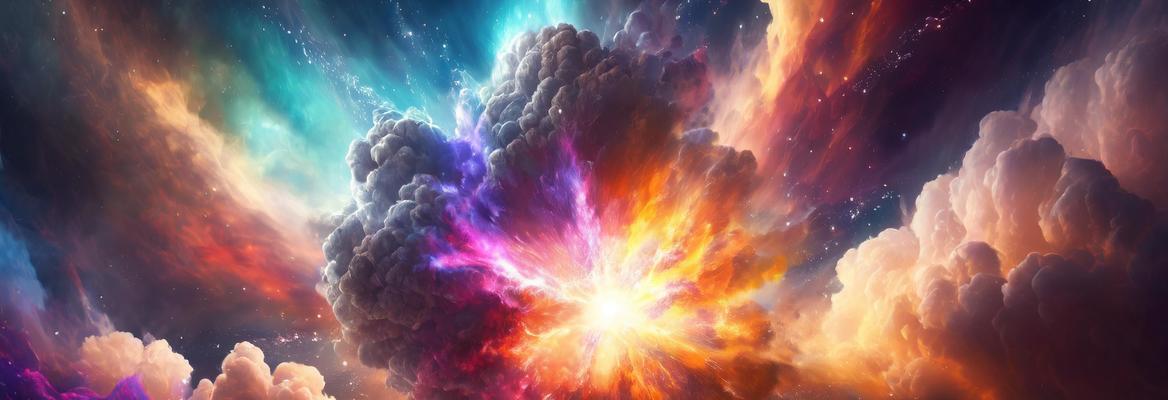

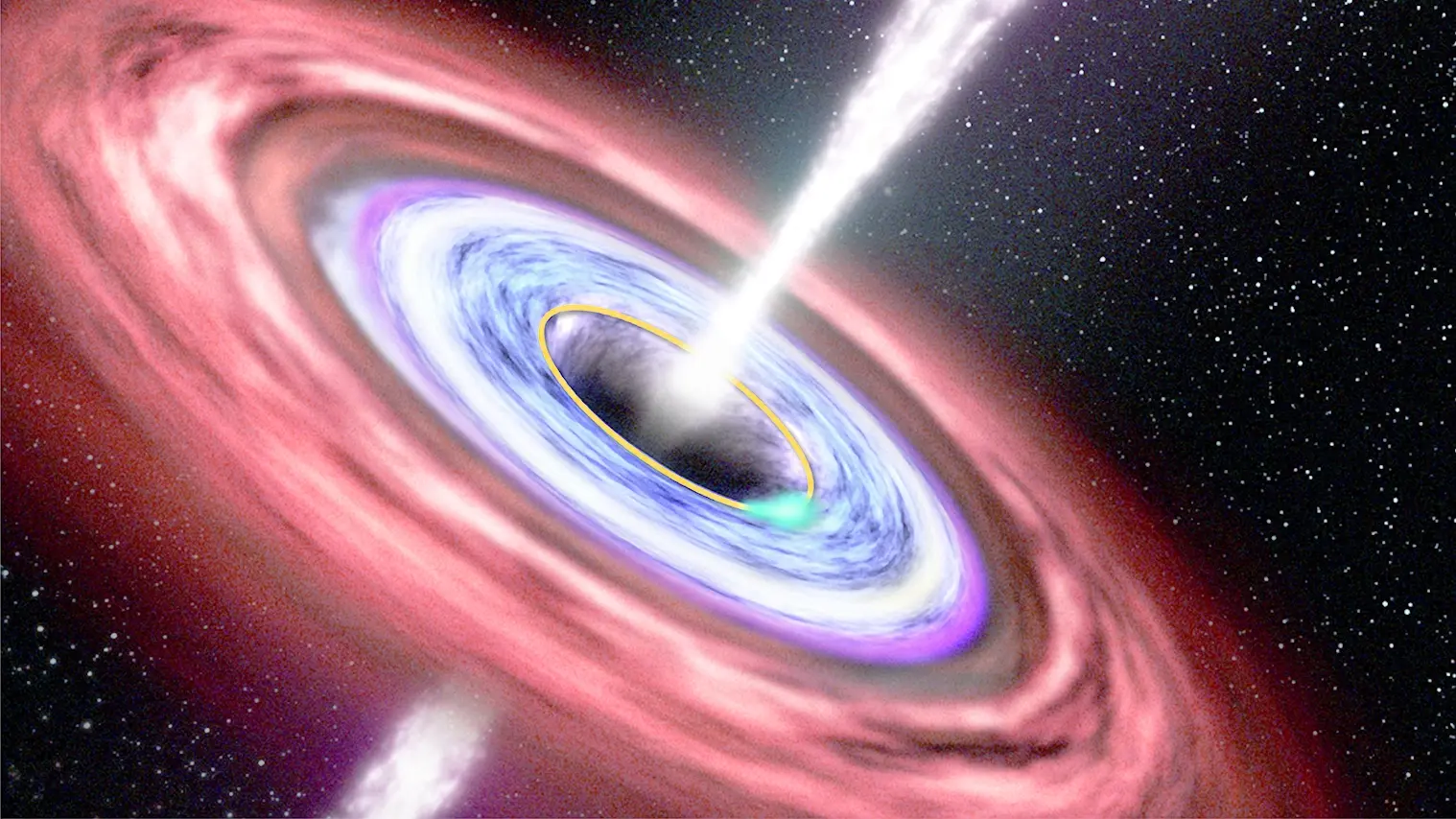

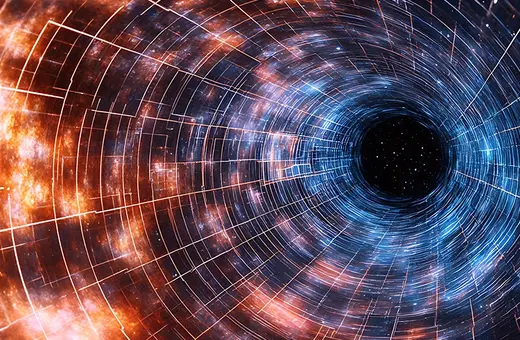
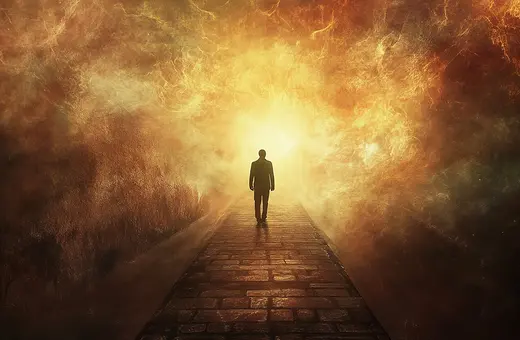

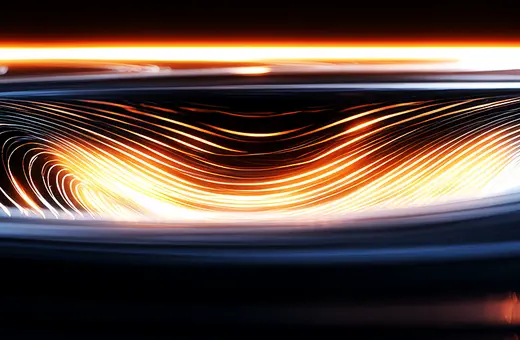



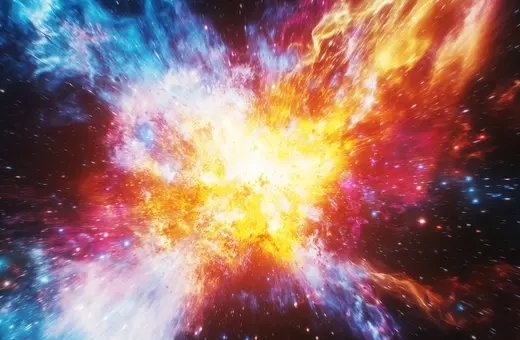



Join the conversation